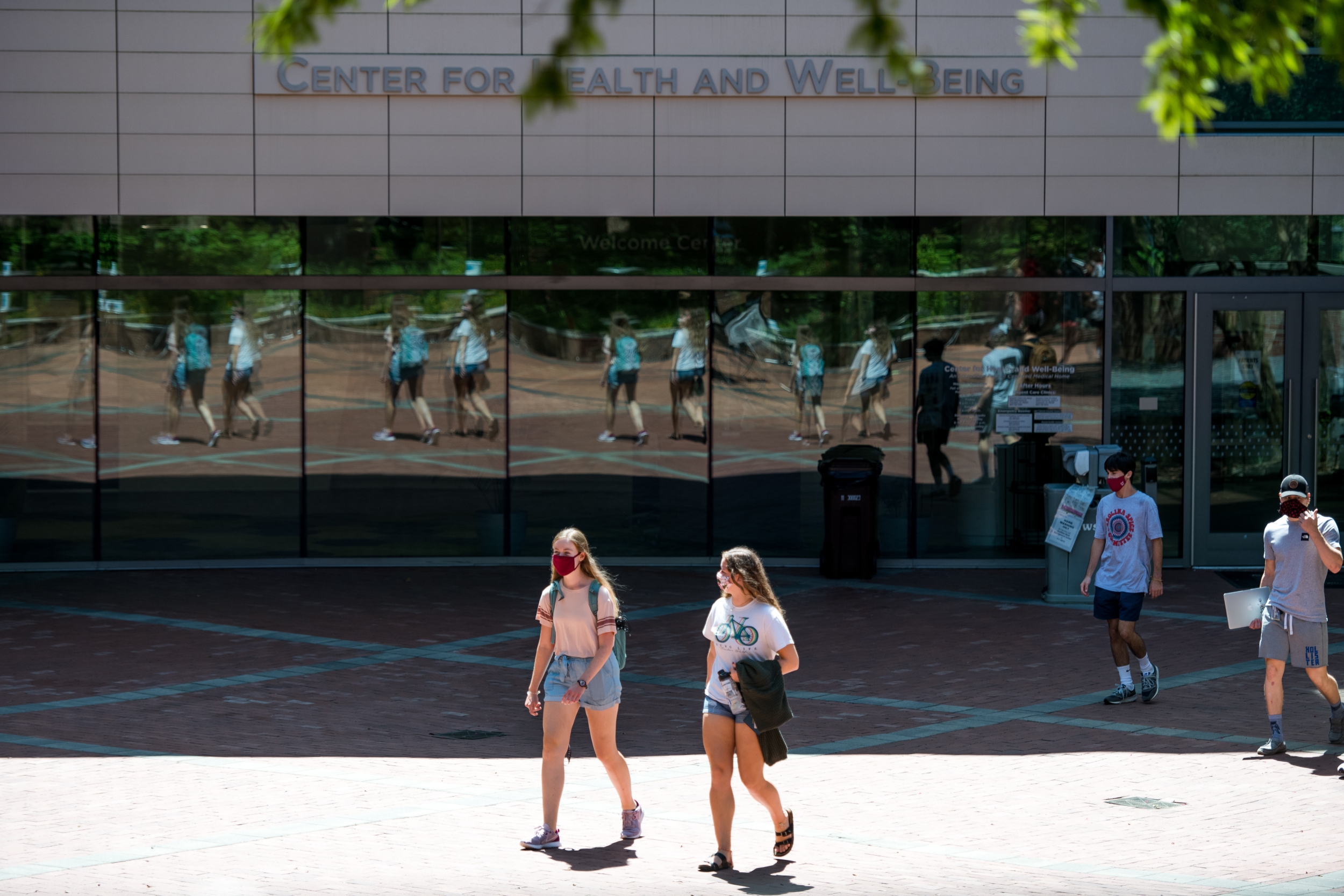
South Carolina students with minor drug or alcohol convictions will end up losing their scholarships funded entirely through state money, but legislators want to change that.
Currently, by law, college students here can have one misdemeanor on their record without their scholarships automatically being taken away. Having any other conviction leads to total scholarship disqualification for the year.
SC Daily Gazette shared that Rep. Leon Stavrinakis, D-Charleston, thinks it’s too severe to take away scholarship eligibility based on minor infractions.
He just introduced a bill to eliminate misdemeanor drug and alcohol offenses from scholarship eligibility. Felony convictions would remain grounds for disqualification, but Stavrinakis says students shouldn’t lose access to education funding over minor infractions.
As a lawyer who has seen the impact of these rules first-hand on students who can’t afford to defend themselves in court, many South Carolina students have high stakes when it comes to their pocketbooks.
Read more: Top Ways to Qualify for Reduced College Tuition Fees
Currently, annual tuition at public universities ranges from not lower than $10,500 to over $15,000.
There are scholarships like the Palmetto Fellows that award students up to $7,500 per year. Other programs, which require a 3.0 GPA, offer as much as $5,000 for maintaining that average.
More assistance is given to students with additional financial needs or studying science, technology, or education-related fields. Losing these scholarships could put a huge burden on the shoulders of the students and their families.
This is not Stavrinakis’s first attempt to change the rule. He has filed such bills twice since 2021, but neither made it to a hearing, per Bill Track 50. Still, he remains dedicated to ensuring that students are not unfairly penalized for minor offenses.
Stavrinakis emphasizes that education should be accessible and that scholarship rules should focus on supporting students’ success instead of punishing them disproportionately. This way, the legislator hopes to create a more balanced system that allows students to focus on their education without the fear of losing critical funding over small mistakes.
Read next: 10 Pennsylvania Universities Vote to Keep Tuition Under $8K For 6th Straight Year
Copyright © 2024 UNIVERSITY HERALD. All rights reserved. Use of this Web site constitutes acceptance of our Terms and Conditions of Use and Privacy Policy.![]()